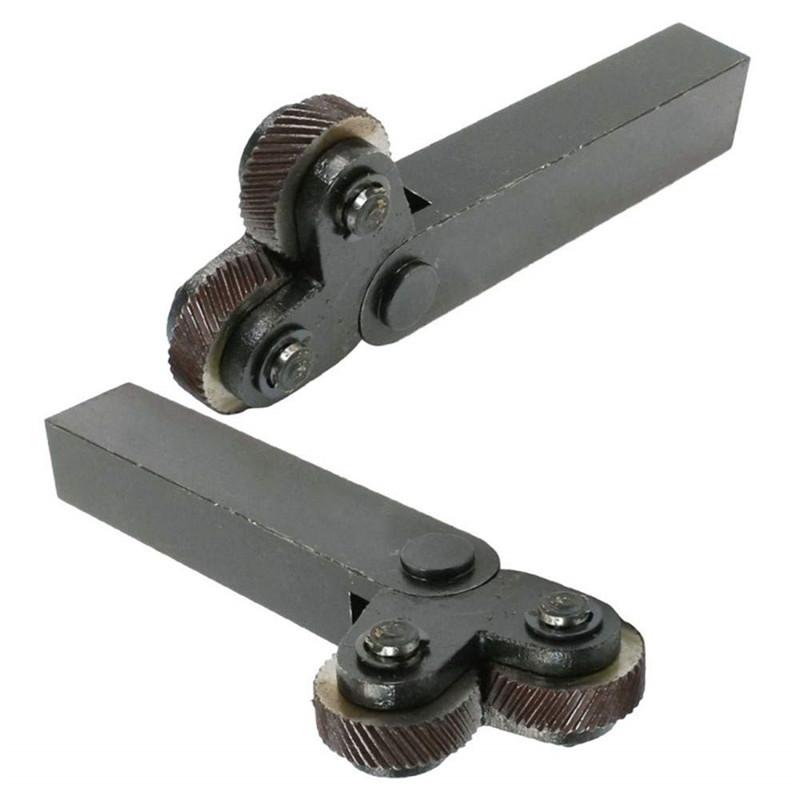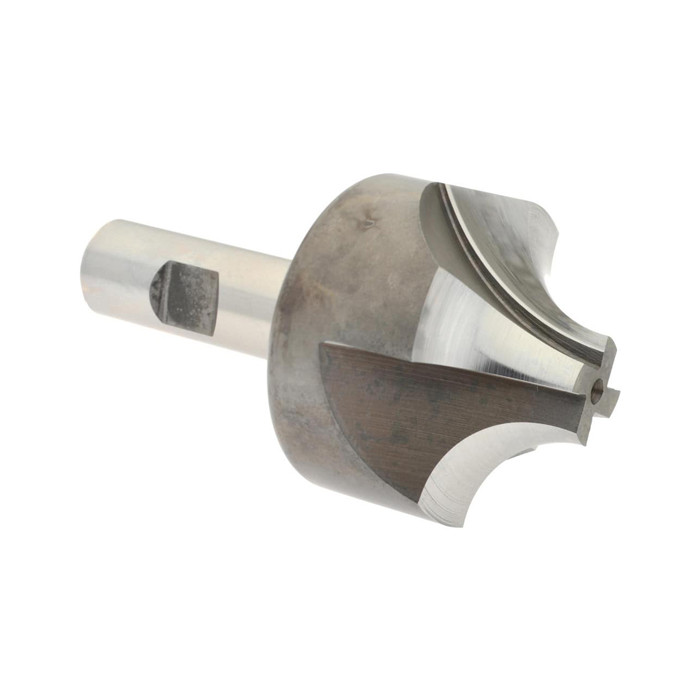Wholesale micrometer caliper
Finding the right wholesale micrometer caliper can be challenging. This guide provides a comprehensive overview of micrometer calipers, covering types, features, selection criteria, and where to find reliable wholesale suppliers. Learn how to choose the perfect micrometer caliper for your specific needs, ensuring accurate and efficient measurements every time.
Understanding Micrometer Calipers
A micrometer caliper is a precision measuring instrument used to determine the thickness, diameter, or length of small objects. It offers significantly higher accuracy compared to traditional rulers or calipers, making it essential for various industries, including manufacturing, engineering, and quality control.
Key Components of a Micrometer Caliper
- Frame: The C-shaped body that provides a stable base for the instrument.
- Anvil: The fixed surface against which the object is placed.
- Spindle: The moving surface that advances towards the anvil to clamp the object.
- Sleeve (Barrel): The part with the main scale markings.
- Thimble: The rotating part that advances the spindle and features a circular scale.
- Locking Nut: Used to fix the spindle position for consistent measurements.
- Ratchet Stop: Ensures consistent measuring pressure, preventing over-tightening.
Types of Micrometer Calipers
There are several types of micrometer calipers available, each designed for specific applications.
Outside Micrometers
The most common type, used to measure the external dimensions of objects. They're available in various ranges, typically from 0-25mm (0-1 inch) to 0-300mm (0-12 inches).
Inside Micrometers
Designed to measure the internal dimensions of holes, cylinders, and tubes. They often come with interchangeable measuring rods to cover a range of sizes.
Depth Micrometers
Used to measure the depth of holes, slots, and recesses. They consist of a base and a measuring rod that extends to the desired depth.
Thread Micrometers
Specifically designed for measuring the pitch diameter of screw threads. They feature pointed anvils and spindles that fit into the thread grooves.
Blade Micrometers
Ideal for measuring the thickness of narrow grooves or slots where standard micrometers cannot reach. They have thin, blade-shaped anvils and spindles.
Choosing the Right Wholesale Micrometer Caliper
Selecting the appropriate wholesale micrometer caliper depends on several factors, including accuracy requirements, measurement range, and application.
Accuracy and Resolution
Accuracy refers to the closeness of a measurement to the true value, while resolution is the smallest increment the instrument can display. Choose a micrometer caliper with the accuracy and resolution that meet your specific needs. Common resolutions are 0.01mm (0.0005 inch) and 0.001mm (0.00005 inch).
Measurement Range
Select a micrometer caliper with a measurement range that accommodates the sizes of the objects you need to measure. Consider future measurement needs as well.
Analog vs. Digital Micrometers
Analog micrometers feature a traditional scale and vernier, requiring the user to interpret the readings. Digital micrometers display the measurements on an LCD screen, reducing the risk of errors and offering features like data output and tolerance settings.
Material and Build Quality
Look for micrometer calipers made from high-quality materials like hardened steel or carbide, ensuring durability and accuracy over time. Consider the finish as well - a satin chrome finish can reduce glare and improve readability.
Features and Functionality
Consider features like data output, tolerance settings, and preset functions, which can improve efficiency and reduce the risk of errors. Some digital micrometers offer wireless connectivity for data transfer.
Finding Reliable Wholesale Micrometer Caliper Suppliers
Sourcing wholesale micrometer calipers from reputable suppliers is crucial to ensure quality, accuracy, and competitive pricing. Wayleading Tools is a trusted provider of precision measuring instruments.
Factors to Consider When Choosing a Supplier
- Reputation and Experience: Choose suppliers with a proven track record and extensive experience in the industry.
- Product Quality: Ensure that the supplier offers micrometer calipers from reputable brands that meet industry standards.
- Pricing and Discounts: Compare pricing from multiple suppliers to find the best deals. Inquire about volume discounts and special offers.
- Warranty and Support: Choose suppliers that offer warranties and technical support to address any issues.
- Shipping and Delivery: Consider the supplier's shipping options, delivery times, and return policies.
Maintenance and Calibration
Proper maintenance and calibration are essential to ensure the accuracy and longevity of your micrometer calipers.
Cleaning and Storage
Clean your micrometer caliper regularly with a soft cloth to remove dirt and debris. Store it in a protective case in a dry, clean environment.
Calibration
Calibrate your micrometer caliper periodically using gauge blocks or other calibration standards. The frequency of calibration depends on the frequency of use and the required accuracy. A calibration certificate from a certified lab provides traceability and proof of accuracy.
Benefits of Buying Wholesale Micrometer Calipers
Purchasing micrometer calipers wholesale offers several advantages, including:
- Cost Savings: Wholesale prices are typically lower than retail prices, allowing you to save money on bulk purchases.
- Inventory Management: Buying in bulk allows you to maintain a sufficient inventory of micrometer calipers to meet your needs.
- Customization Options: Some suppliers offer customization options, allowing you to tailor the micrometer calipers to your specific requirements.
Table: Comparing Analog and Digital Micrometer Calipers
| Feature | Analog Micrometer | Digital Micrometer |
|---|---|---|
| Readability | Requires user interpretation | Direct digital display |
| Accuracy | High, but prone to user error | High, with reduced user error |
| Features | Limited | Data output, tolerance settings, preset functions |
| Cost | Generally lower | Generally higher |
Conclusion
Selecting the right wholesale micrometer caliper requires careful consideration of your specific needs and application. By understanding the different types of micrometer calipers, their features, and the factors to consider when choosing a supplier, you can ensure accurate and efficient measurements for your business or organization. Consider partnering with Wayleading Tools for reliable wholesale options and expert guidance.
Related products
Related products
Best selling products
Best selling products-
 7pcs Carbide Turning Tool Set With Metric & Inch Size
7pcs Carbide Turning Tool Set With Metric & Inch Size -
 Precision Monoblock Vernier Caliper – Metric & Inch, Industrial Use
Precision Monoblock Vernier Caliper – Metric & Inch, Industrial Use -
 Precision V Block Set With High Quality Type
Precision V Block Set With High Quality Type -
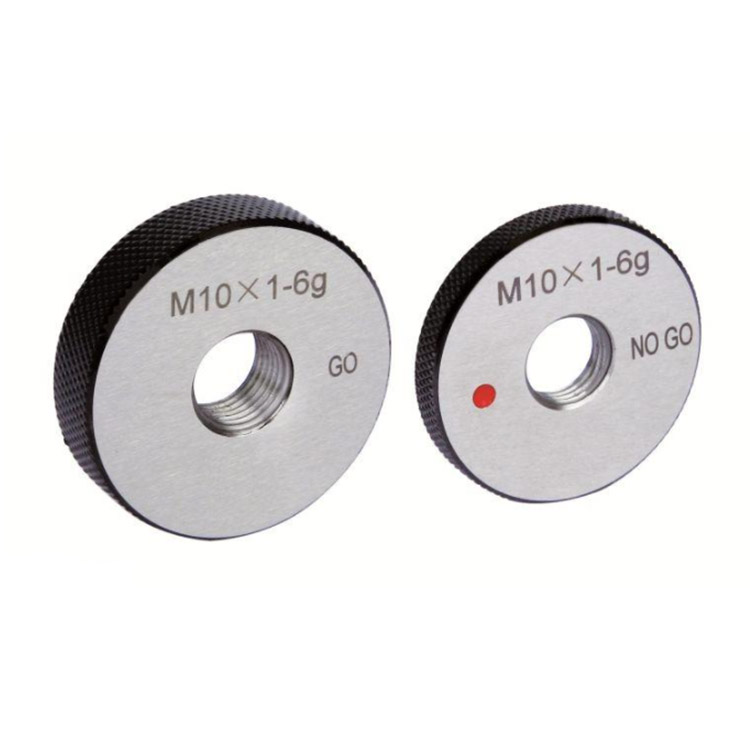 Metric Thread Ring Gauge 6g Accuracy With Go & NO Go
Metric Thread Ring Gauge 6g Accuracy With Go & NO Go -
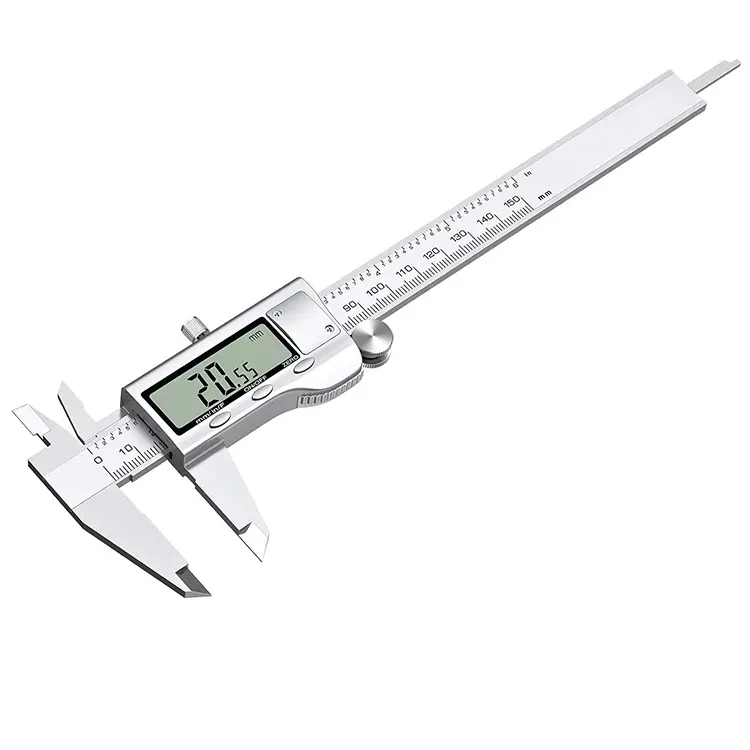 Precision Digital Caliper Of Metal Case For Industrial
Precision Digital Caliper Of Metal Case For Industrial -
 Precision Vernier Caliper With Nib Style & Standard Style Jaws Of Metric & Imperial For Industrial
Precision Vernier Caliper With Nib Style & Standard Style Jaws Of Metric & Imperial For Industrial -
 Round Die Wrench For Thread Cutting Tools
Round Die Wrench For Thread Cutting Tools -
 Metric HSS Step Drills With Straight Flute
Metric HSS Step Drills With Straight Flute -
 Type K-90 Degree Cone Tungsten Carbide Rotary Burr
Type K-90 Degree Cone Tungsten Carbide Rotary Burr -
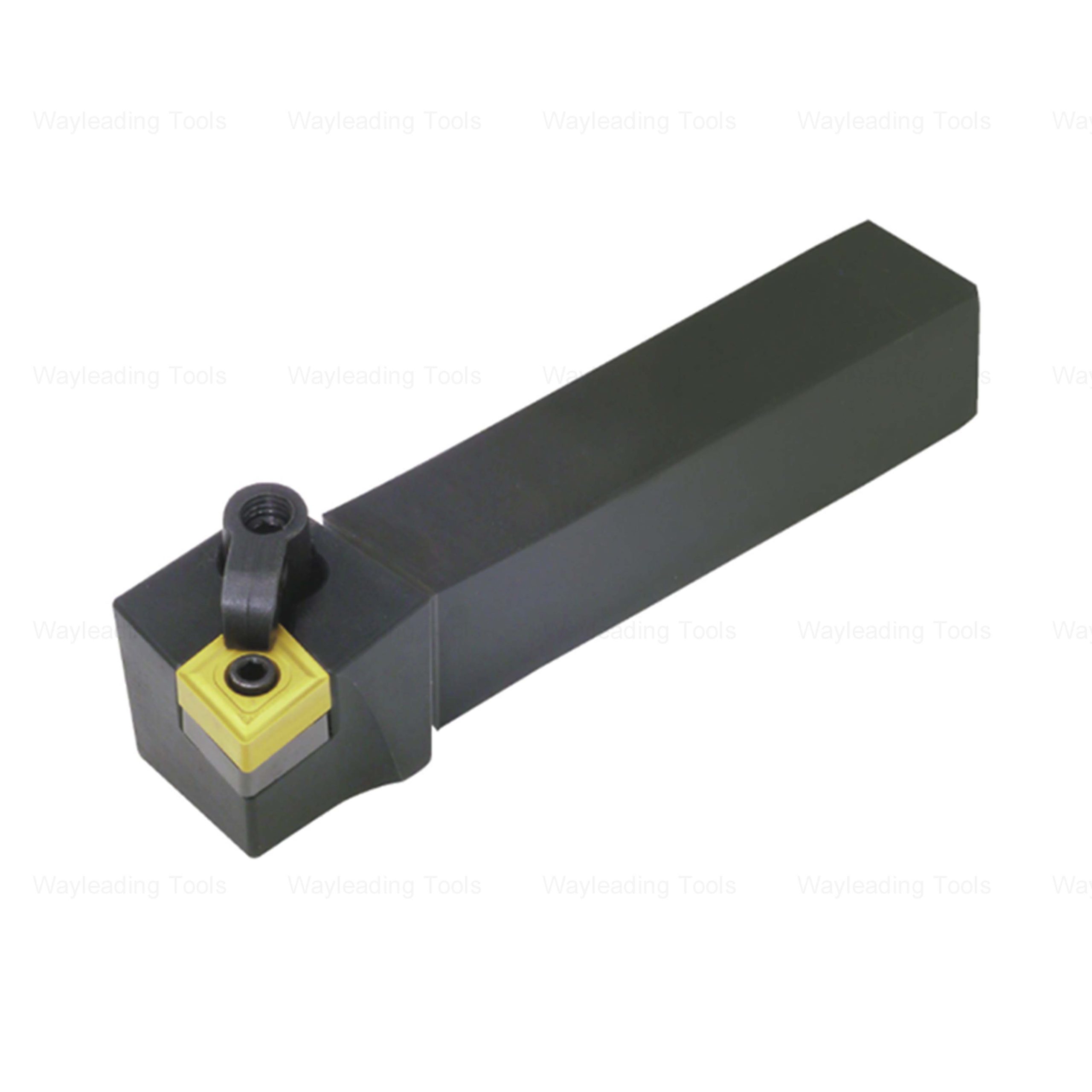 MCLN Indexable Turning Tool Holder
MCLN Indexable Turning Tool Holder -
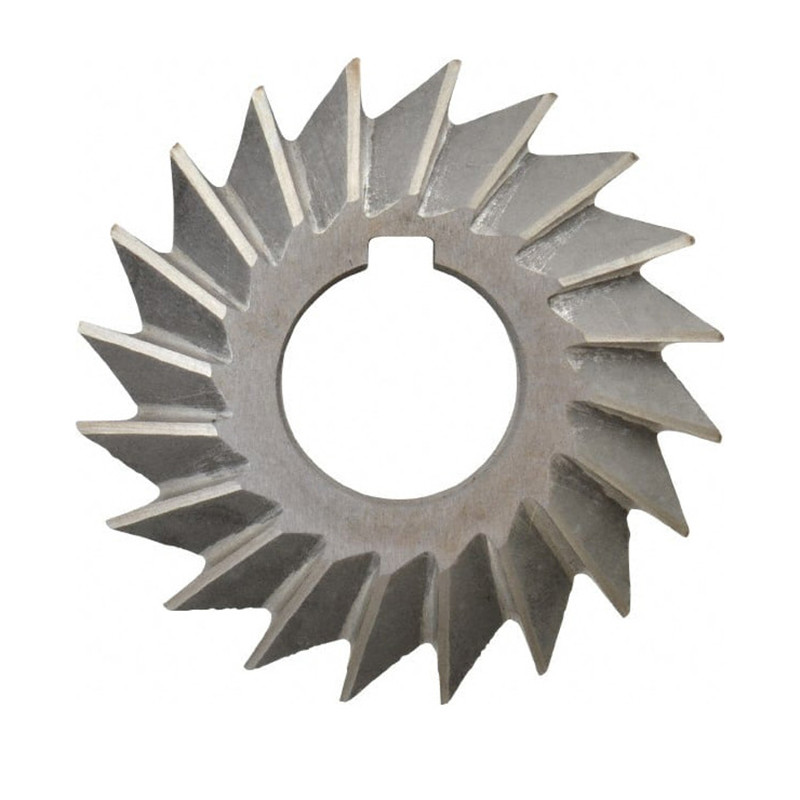 HSS Inch & Metric Single Angle Milling Cutter For Industrial With Bright Or TiN Coated
HSS Inch & Metric Single Angle Milling Cutter For Industrial With Bright Or TiN Coated -
 Type B Cylinder Tungsten Carbide Rotary Burr
Type B Cylinder Tungsten Carbide Rotary Burr
Related search
Related search- High-Quality SCLC boring bar
- Slotting Saw Manufacturers
- step drilling Manufacturer
- SVJB turning tool holder Manufacturer
- machining tools Manufacturer
- sncq insert Factories
- bull nose live center
- 45 degree indexable face mills Manufacturers
- PCLN boring bar
- speedy drill with quick release carbide cutting head Manufacturers


